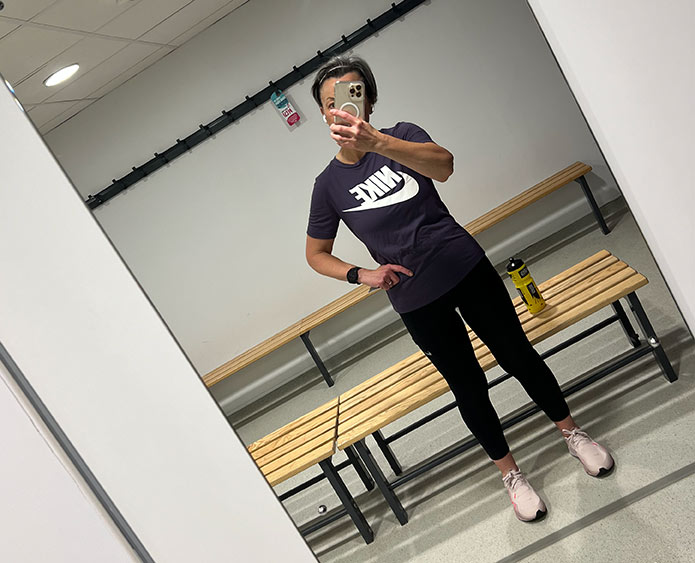Why Are We So Lazy? The Ancient Female Instinct to Conserve Energy
The battle between the allure of a comfortable couch and the call of physical activity is one familiar to many. However, this inclination towards rest, particularly in women, is not just a modern phenomenon.
A journey back in time to our ancient roots reveals the evolutionary reasons for this.

Why We’d Rather Be Couch Potatoes
Ah, the modern woman. Juggling work, home, perhaps family, and trying to squeeze in a bit of ‘me time’. Ever noticed how the idea of a leisurely evening often trumps a sweaty gym session?
Believe it or not, your distant ancestors might be whispering in your ear, guiding that choice.
Throughout history, women have played multifaceted roles. From gatherers and caregivers to protectors and nurturers, the female’s responsibility has been pivotal for community survival. The need to be efficient with energy use, especially during crucial periods like pregnancy or nursing, was paramount.
It’s All in the Brain
Evolutionary biology and anthropology offer intriguing insights into our predispositions. The female brain, sculpted over eons, had to navigate a world where daily tasks were both physically and mentally demanding. Conserving energy whenever possible wasn’t a luxury; it was a survival strategy.
Imagine trying to forage for berries when you’re drained because you decided to sprint a marathon for no good reason earlier. Doesn’t make much sense, right?
Daniel E Lieberman’s paper, Is Exercise Really Medicine? An Evolutionary Perspective, sheds more light on the subject. While men typically engaged in sporadic high-energy tasks like hunting, women partook in activities that required consistent yet lower bursts of energy. These included gathering, which was no simple stroll in the park, and caring for offspring—a 24/7 job without modern amenities.
Moreover, women’s bodies, especially during pregnancy, channel significant energy towards supporting the growing fetus. This biological priority further amplifies the instinct to conserve energy elsewhere.
It would all be so much easier if our brains had undergone software updates to cope with changes in lifestyle, but here we are!

Modern Day Cave Women: The Evolutionary Hangover
Fast-forward a few millennia. While today’s women aren’t typically foraging or hand-washing clothes by the river, the deep-seated instinct to save energy persists.
The brain’s old programming may sometimes clash with today’s sedentary lifestyle, making it a tad challenging to hop onto the treadmill when the couch seems oh-so-inviting.
Breaking Free: How Can We Overcome Ancient Instincts?
Knowledge is power. Understanding our inbuilt tendencies is the first step towards change. But how can we override thousands of years of evolutionary programming?
1. Find Your Reward Utilise the brain’s love for rewards. Crave a latte? Pair it with a brisk walk. By associating activity with pleasure, the brain gradually begins to view exercise as less of a chore and more of a treat.
2. Establish a Routine James Clear’s excellent article indicates that building a new habit takes approximately 66 days. Whether it’s dancing, yoga, or cycling, the key lies in consistency. Eventually, what once felt like an uphill battle becomes second nature.
3. The Buddy System Embarking on the journey towards a more active lifestyle is more enjoyable with company. Not only does having a friend provide motivation, but it also introduces an element of accountability. After all, it’s harder to bail on a gym session when someone is waiting for you!
4. Embrace Modern Technology Fitness apps, online classes, and wearable tech have made monitoring activity levels simpler than ever. Set goals, track progress, and let the satisfaction of achievement propel you forward.
The pull towards rest and relaxation, particularly among women, is deeply rooted in our evolutionary history. Yet, as we better understand these ancient instincts, we can find ways to craft a more balanced, active, and healthy path in the modern world.
The couch will always be there, but occasionally swapping it for a jog or a dance can make all the difference.
I’m not saying it’s easy. But I am promising you it’ll be worthwhile.





